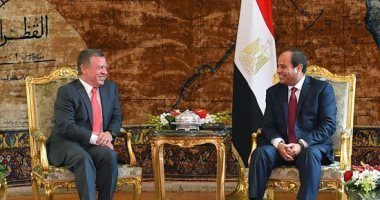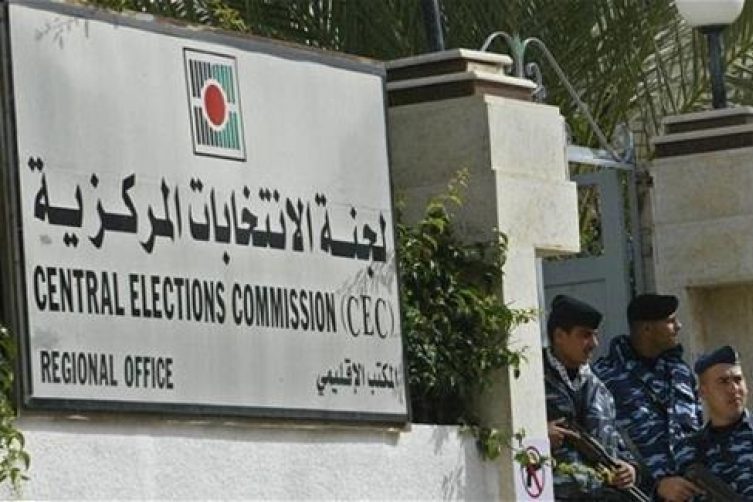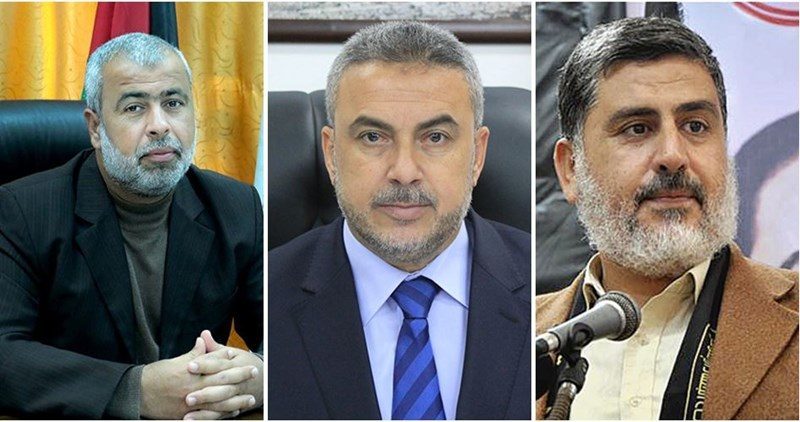
Abdel-Fatah Al-Sisi of Egypt received King Abdullah II of Jordan in the presidential palace in Cairo, according to Jordan Times.
The King was on a brief visit to Egypt to discuss bilateral relations between the two countries as well as to regional and international issues, according to an Egyptian presidency statement.
During the meeting, that took place at the Ittihadiya Palace, al-Sisi and King Abdullah II discussed the upcoming meetings of the joint Jordanian-Egyptian higher committee which will be held between August 29-31 in Cairo, stressing the need to finalize the meeting agenda and “move to a new stage of more strategic collaboration”, and looking forward to activating bilateral agreements to develop cooperation between both countries. ”
Moreover, the two sides agreed on intensifying coordination in security and political fields, “particularly that they share an identical position on regional crises”, the statement said, affirming the importance of Pan-Arab institutions in dealing with regional issues.
In the same context, King Abdullah said that Jordan stands in support of and solidarity with Egypt “under all circumstances”, in a clear political support to al-Sisi regime which has been recently shaking from consecutive economic shocks.
Regarding the Palestinian issue, both countries called for reviving peace negotiations in line with international terms of reference to implement the two-state solution and establish a Palestinian state within the June 4, 1967 lines, with East Jerusalem as its capital.
In fact, King Abdullah’s visit was preceded by a visit for an Israeli delegation, which makes the two visits very much interrelated. The Israeli delegation met high ranking officials in the Egyptian Ministry of Foreign Affairs to discuss the proposal of Russian President Vladimir Putin for hosting direct negotiations between the Palestinian President Mahmoud Abbas and the Israeli Prime Minister Benjamin Netanyahu.
In an interview with the editors-in-chief of the state-run newspapers, al-Sisi unveiled that the Russian president has invited Mahmoud Abbas and Netanyahu to hold direct talks in Moscow.
“I see that the conviction of the importance of peace is rising among the Israeli side, and the conviction about finding an exit to the issue is a positive sign,” al-Sisi said.
Announcing Russia’s willing to host peace talks came just days after it was announced that efforts by European diplomats to host a similar meeting in Paris had failed, and “further signals of Putin’s ambition for Russia to eventually replace the United States as chief negotiator in the Middle East,” said the Independent newspaper.
On the other side, entering Russia as a new player in the peace talks will help achieve both Egypt’s and Israel’s intention to abort the French initiative that has been rejected by Israel.
It has been previously mentioned by Al-Arabi al-Jadeed citing Egyptian sources, that the Egyptian-Israeli coordination in this regard aims at pushing away the French initiative that was presented at the beginning of this year. However, the French initiative wasn’t welcomed by both parties as Israel wants direct negotiations the Palestinians.
In this context, it seems that Egypt, which enjoys close ties with Israel under al-Sisi rule – has played a major role in mediating the entrance of Russia as a political maneuver for Israel’s sake .
Regarding Hamas, al-Sisi has repeatedly said “it is important to end the Palestinian-Palestinian rift… and to have national reconciliation between the Palestinian Authority and Hamas so that the climate would be ready for real efforts to establish a state”.
Sisi also told state-owned newspaper editors that he believed Israel was increasingly convinced of the need for a peace deal, saying it was a “positive sign”.
But Palestinian in-fighting between Hamas in Gaza and Palestinian President Mahmoud Abbas’s Fatah in the West Bank remained an obstacle, he added. Al-Sisi regime always blames the deadlock in the peace process for the fighting between Palestinian factions but he blamed Israel.
On the other hand, the timing of King Abdullah’s visit that coincided with the latest Israel attack against Gaza infers that the latest escalation was probably negotiated by Egypt and Jordan during Abdullah’s brief visit.
Days ago, Israel has launched a barrage of air strikes in the Gaza strip. Tanks and fighter jets were used for the bombardment of at least 30 different sites on Sunday night, injuring five people according to the Palestinian to Ma’an News Agency.
Palestinian Legislative Council member Jamal al-Khudari, who heads the Popular Committee Against the Siege of Gaza, also condemned the Israeli raids, saying they constituted a serious escalation two years after the devastating Israeli offensive on the Gaza Strip, which killed more than 2,100 Palestinians.
Israeli authorities always hold Hamas responsible for all attacks against Israeli targets coming from the Gaza Strip.
However, Hamas has not claimed responsibility for any rocket attacks since Israel’s devastating war in Gaza in 2014, and the movement has attempted to clamp down on armed activity by smaller political groups in the territory, according to Ma’an News Agency.
After the recent Israeli attack, there are speculations on a probable new war on Gaza with an explicit Egyptian support or an implied one by remaining passive or silent against the Israeli aggression.



